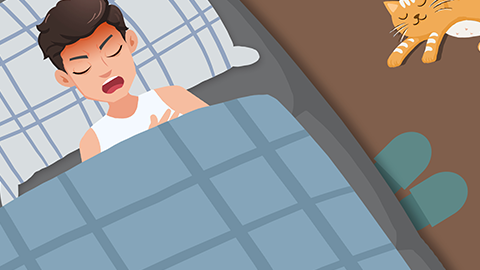What are the side effects of interferon?
Generally, interferon, as a commonly used immunomodulator, may cause various side effects during clinical application, mainly including fever and fatigue, muscle and joint pain, gastrointestinal discomfort, hematological abnormalities, mood fluctuations, etc. A detailed analysis is as follows:

1. Fever and fatigue: During the initial phase of interferon use, most individuals experience fever, with body temperature typically around 38°C; in some cases, it may rise above 39°C. This is often accompanied by significant fatigue, manifesting as lethargy, limb weakness, and increased exhaustion after physical activity.
2. Muscle and joint pain: Many people develop muscle soreness and mild joint pain after taking the medication, commonly affecting muscles in the limbs as well as joints such as the knees and elbows. The pain is usually mild to moderate in intensity, may worsen with movement, and can be slightly relieved by rest.
3. Gastrointestinal discomfort: Some individuals may experience gastrointestinal symptoms such as nausea, vomiting, and loss of appetite after using the drug. A minority may also have bloating, diarrhea, or a burning sensation in the stomach. These symptoms are generally more pronounced during the early stages of treatment and may gradually subside as the body adapts over time.
4. Hematological abnormalities: Long-term use of interferon may affect blood parameters, leading to decreased white blood cell and platelet counts. This may result in reduced immunity, increased susceptibility to colds, gum bleeding, or skin bruising.
5. Mood fluctuations: A small number of individuals may experience emotional changes such as low mood, anxiety, or irritability after starting the medication. Some may also develop sleep disturbances, including difficulty falling asleep or frequent dreaming.
It is recommended to strictly follow medical instructions during treatment and not to adjust the dosage or discontinue the medication without guidance. Maintaining regular作息 (daily routines), avoiding excessive fatigue, eating a balanced diet, and ensuring adequate nutrition can help reduce discomfort caused by side effects and support overall bodily stability.







